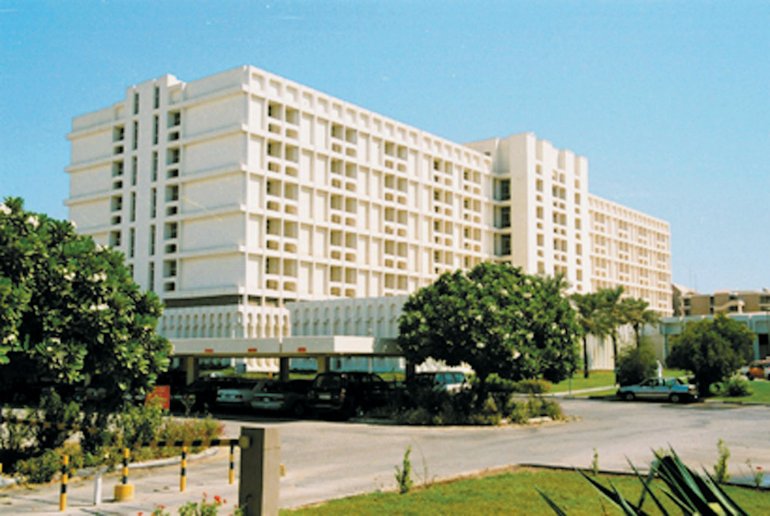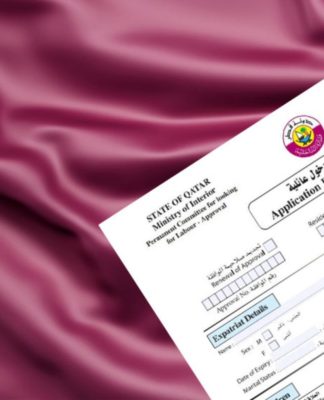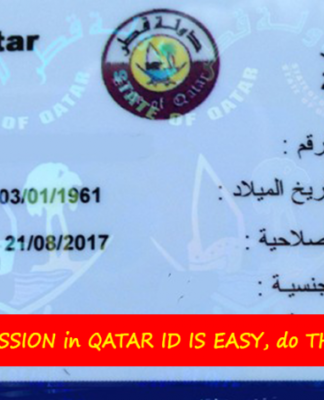20 May 2018 – 8:41

By Fazeena Saleem | The Peninsula
Doha: The Emergency Department of Hamad General Hospital (HGH) has treated at least 1,963 cases on the first two days of Ramadan due to several reasons including stomach ailments, traffic accidents etc, said a senior official. Other cases the department received were related to chest pain due to cardiac problems and patients with several other disorders, said Dr Biju Gafoor, Consultant at the Emergency Department, HGH.
A total of 968 cases were received on the first day of Ramadan, while 995 cases on the second day of Ramadan. However, many of them were minor cases and sent home after treatment the same day. The cases were received between 6am and 6pm, each day.
“On the second day of Ramadan around 106 patients seeking emergency treatment were suffering from gastric issues such as nausea, vomiting, stomach upset and indigestion,” Dr Gafoor told The Peninsula.
“Other cases 37 were treated for chest pain and 11 for traffic accidents,” he added.
While on the first day of Ramadan, 154 were treated for different stomach ailments, 43 for chest pain and eight for traffic accidents.
When the holy month of Ramadan was approaching, Hamad Medical Corporation (HMC) had cautioned people against injuries. HMC’s Hamad Trauma Center had urged motorists to practice safe driving on roads as well as to follow safe practices at home. The centre offered recommendations to safeguard against road injuries and avoidable deaths and serious injuries.
It advised drivers and all passengers must wear seat belts on every trip; this is the only proven way to prevent severe injuries and death in motor vehicle crashes.
HMC has also previously advised people to prevent stomach and intestinal disorders while observing a healthy fast. It advised people to avoid salty food, sugary and caffeinated drinks, and heavy fatty foods, which can cause gastrointestinal disturbances.
People were also asked to keep hydrated, choose healthy options like small portions of low-calorie, nutrient-dense food such as fruits, vegetables, whole grains and lean meats for Iftar and Suhoor.
Experts at HMC also urged with chronic medical conditions, such as diabetes and hypertension, to speak with their doctor before beginning a fast.






























